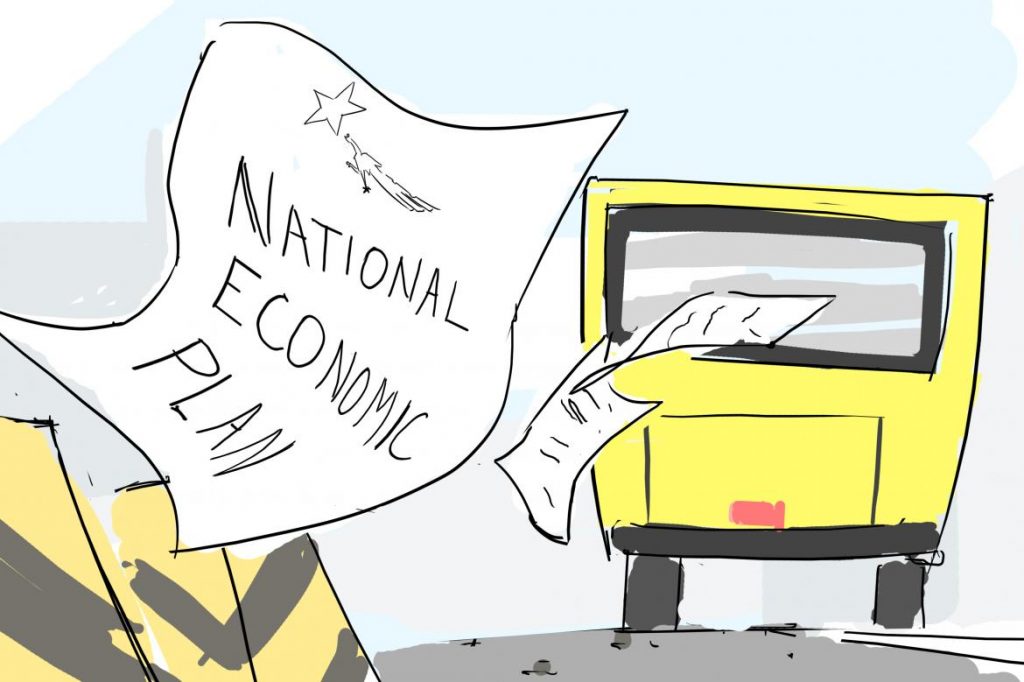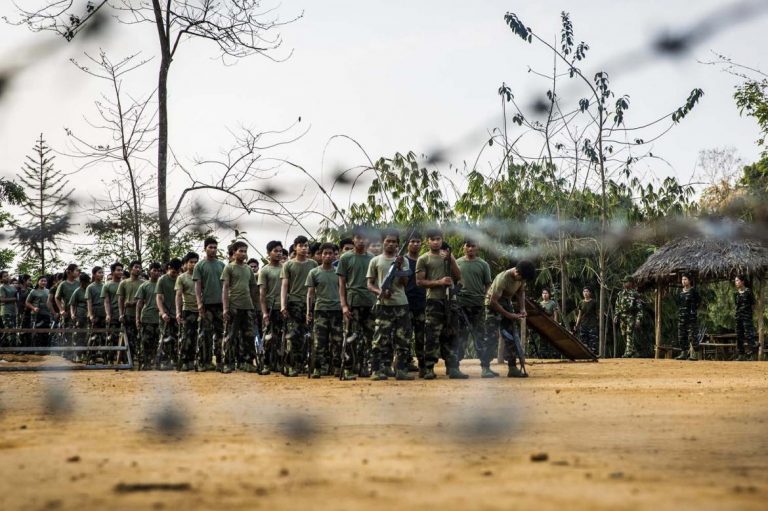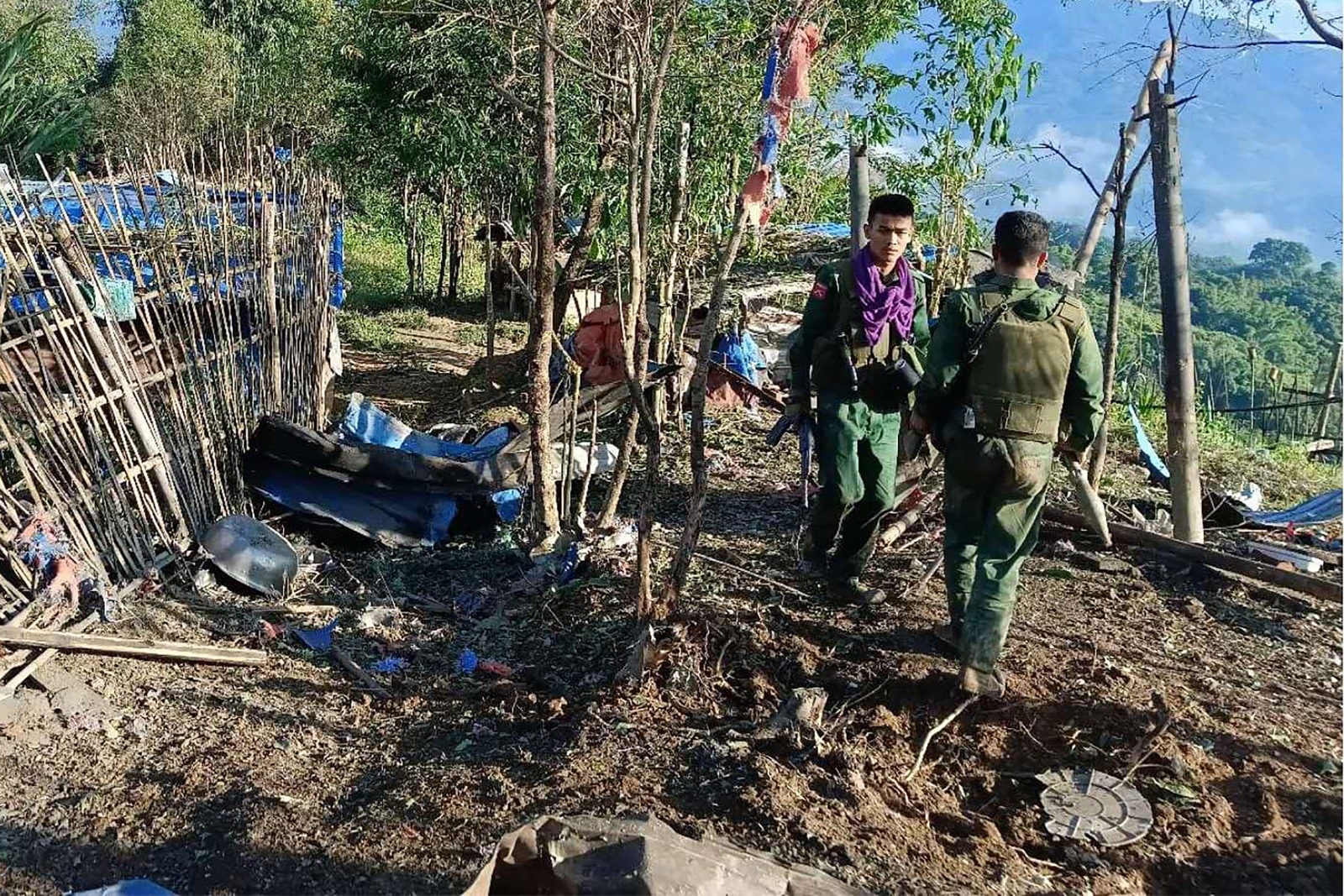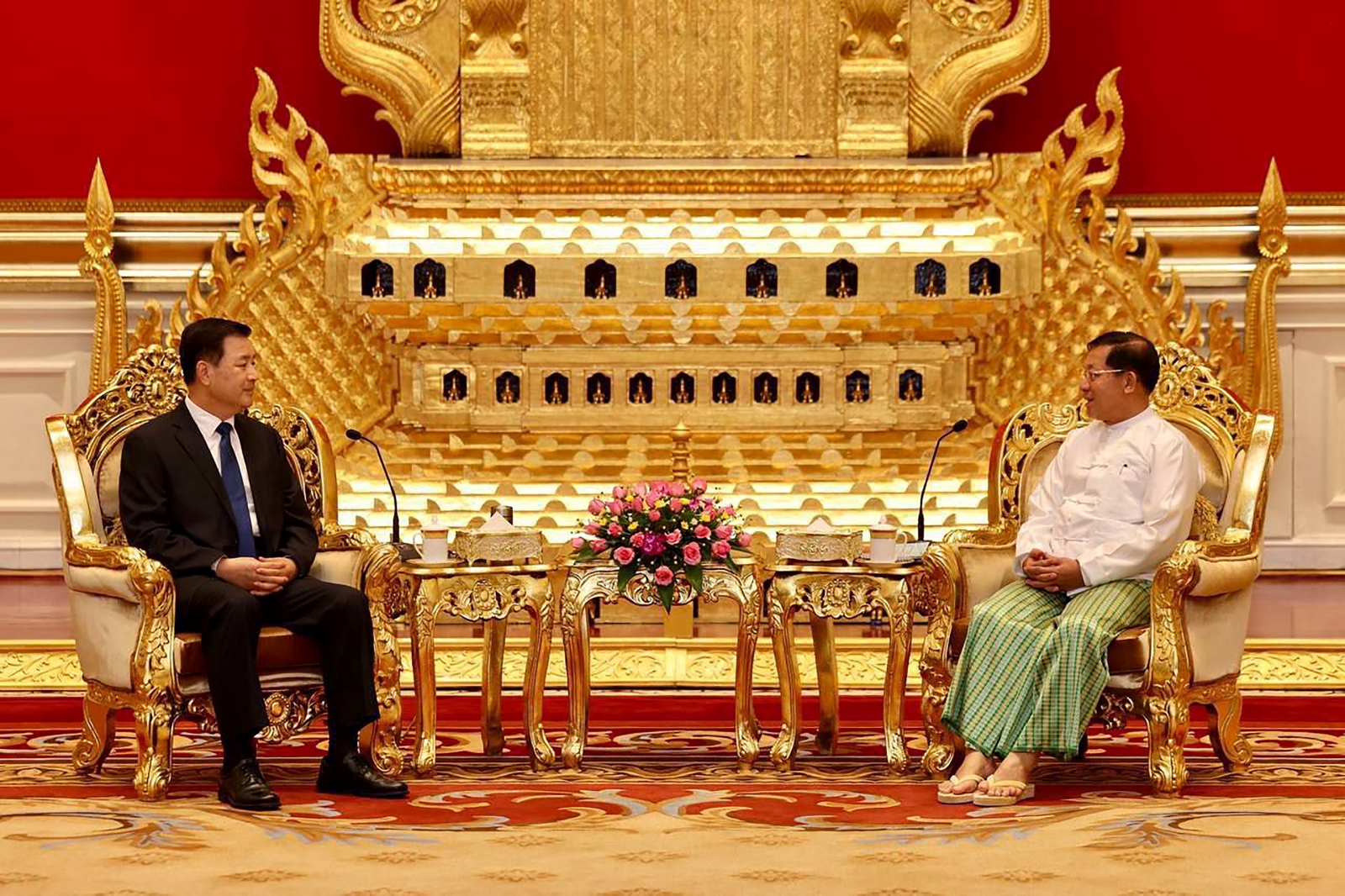“Trust us” just doesn’t cut it any more.
On August 6, the Reuters news agency published an article detailing the awarding of contracts to import thousands of buses from China. The article raised many serious questions about decision-making processes and transparency within the Yangon Region government – questions that Frontier, too, has been asking in recent months.
On the buses specifically, here are just a few that we would like to see the regional government answer.
1. Why was no tender conducted given the size of the contracts?
2. Were options other than Chinese buses considered?
3. How were the local and international partners (which include, controversially, a grandson of the dictator U Ne Win) chosen?
4. Was there any oversight from the Union government?
5. Why was the Yangon Region Hluttaw not given clearer details on the contracts, either before or after it approved the government’s budget request?
Of course, we’re not holding our breath. Over the past 18 months, chief minister U Phyo Min Thein has shown time and again that he sees little need to be accountable to the parliament or the media. There have been many examples, not least of all the farcical “first anniversary” press conference at which he told the media that they should go easy on his government, because they owed their freedom to the National League for Democracy.
There may be nothing untoward in the awarding of these contracts to import buses. It’s logical, for example, that Chinese-made vehicles will be cheaper than most other options. Considering the government’s budget position, it might make sense to opt for lower quality in exchange for cost savings.
Support more independent journalism like this. Sign up to be a Frontier member.
But we are talking about a significant amount of money: more than US$100 million. That’s not Phyo Min Thein’s money to throw around; it’s from the public purse, and the people deserve to know how it’s being spent and why.
Last week provided another example of the government’s lack of transparency, when General Electric handed over a 25-megawatt mobile gas turbine generator to Phyo Min Thein’s administration. While the project was originally pitched to Pyidaungsu Hluttaw lawmakers as “government-to-government”, the generator was instead purchased from GE through local “consortium partner” Golden Green Energy.
Golden Green Energy’s parent company is closely linked to Shwe Than Lwin, a company that benefited significantly from close links to the military and Thein Sein governments. Lawmakers were not told at the time that Golden Green Energy was involved; instead, Deputy Minister for Energy Dr Tun Naing said no tender was conducted because the power was needed urgently. Again, there’s no evidence to suggest any wrongdoing here. GE’s product may have been the logical choice in the circumstances. But in the absence of an explanation as to how the companies were chosen, we’re just left to guess.
It’s undoubtedly in the interests of Phyo Min Thein and the government to clear up any confusion. Why give people a reason to question your intentions and integrity?
But “trust us” just doesn’t cut it any more. The NLD has been given more than enough time to get its house in order and adjust to the challenges of governing. Why should the media hold the NLD to lower standards of transparency and accountability than we demanded of the U Thein Sein administration? Myanmar can’t afford to give anybody a free pass.
One cannot and should not plead the urgency of the situation. Yes, Yangon desperately needs buses. But the shortage was exacerbated – if not created – by Phyo Min Thein’s premature launch of the Yangon Bus Service in January. If a better plan had been in place, the chaos of the pass six months could have been mitigated.
On electricity, the government knew that power shortages were looming back in August 2016, when it called an emergency power tender. So it’s hard to justify claiming more than six months later that there was some unforeseen shortage that required tens of millions of dollars to be spent immediately, with little oversight.
Tenders alone are not necessarily the solution, though. There’s plenty of ways to design and carry out a tender so your preferred bidder wins. What’s needed is a commitment to transparency and accountability, and a genuine desire to make sure that Myanmar gets the best deal possible. Doing deals in secret is not the way to ensure that outcome.
This editorial first appeared in the August 10 issue of Frontier.







